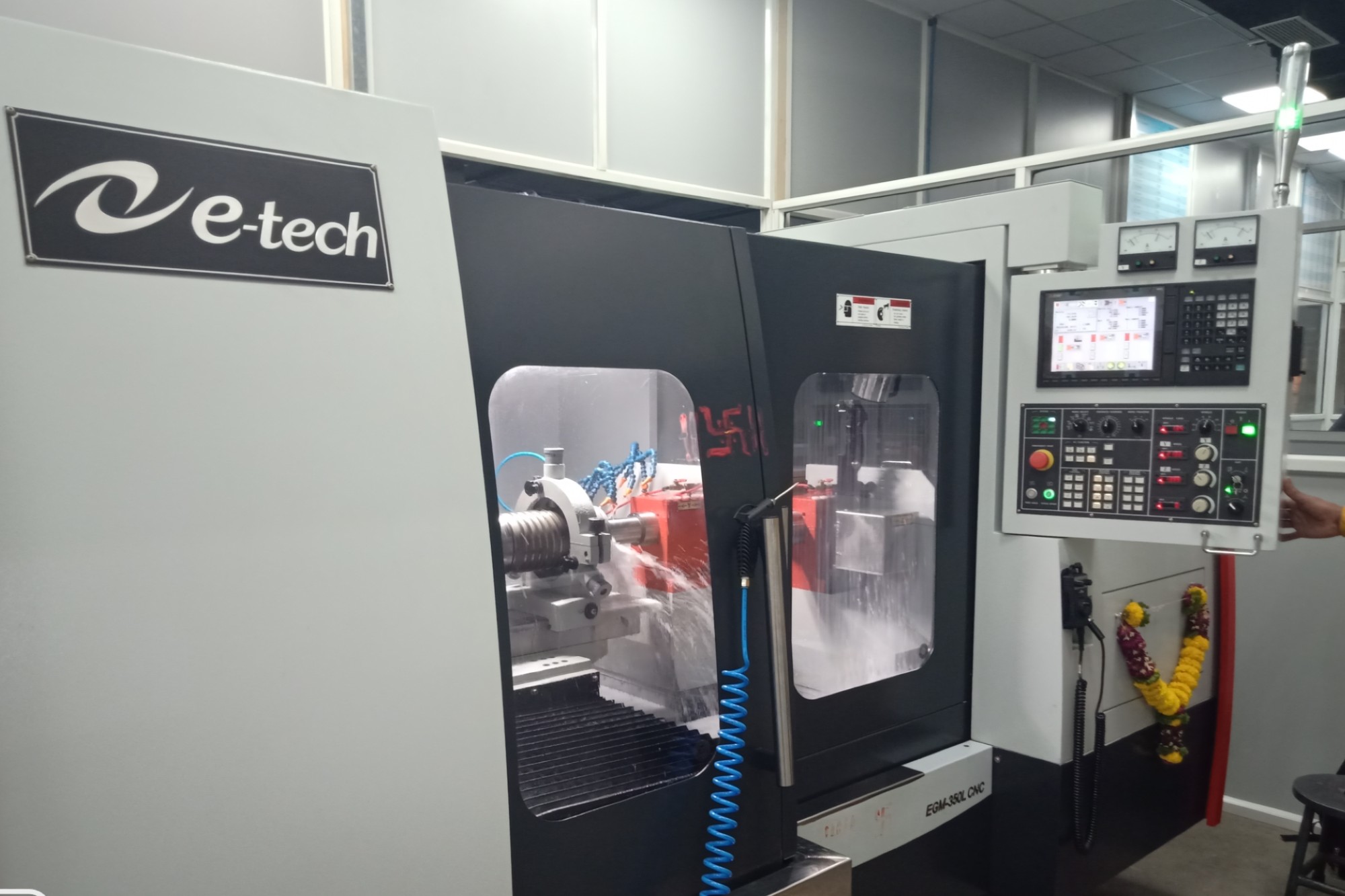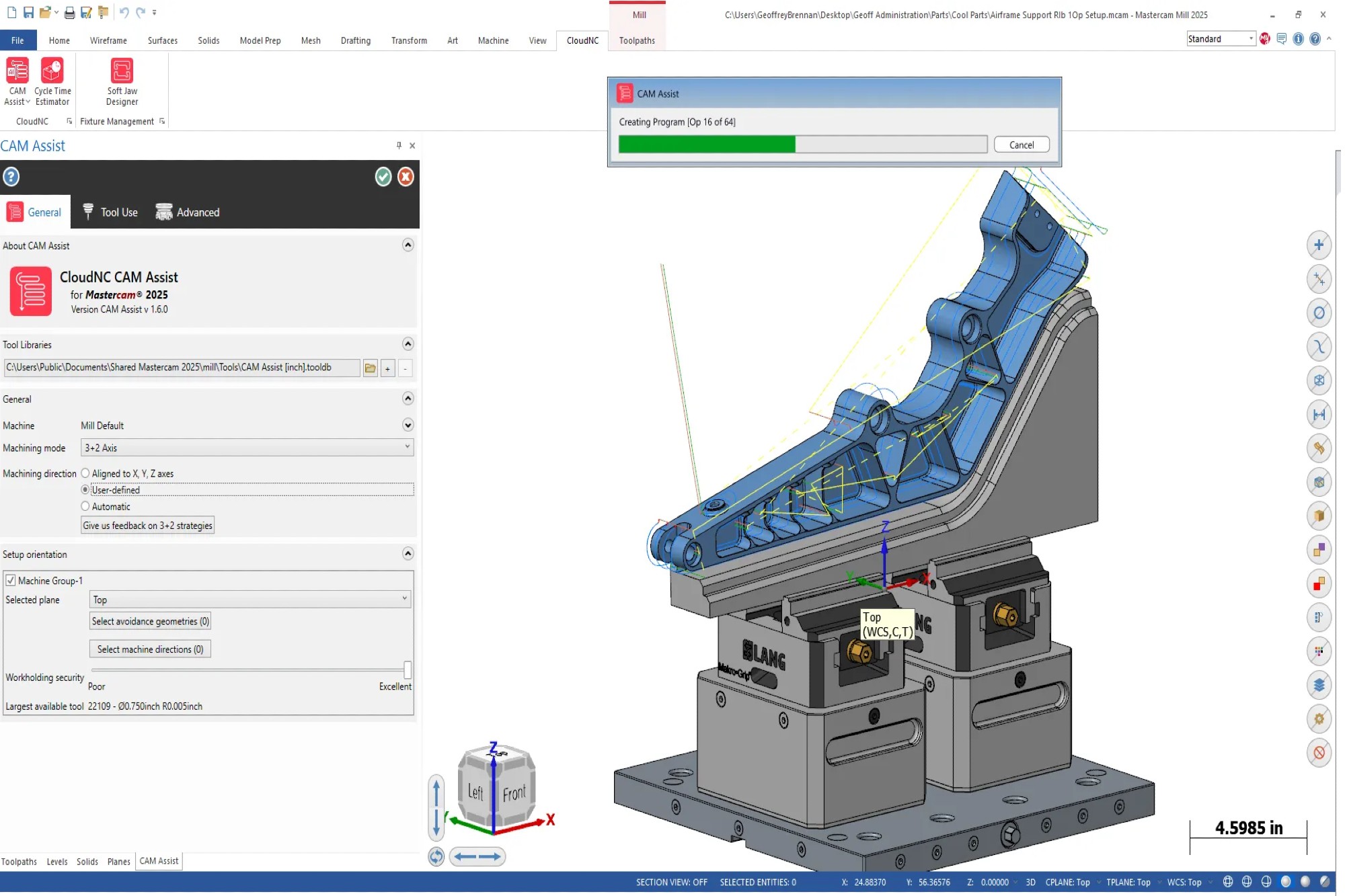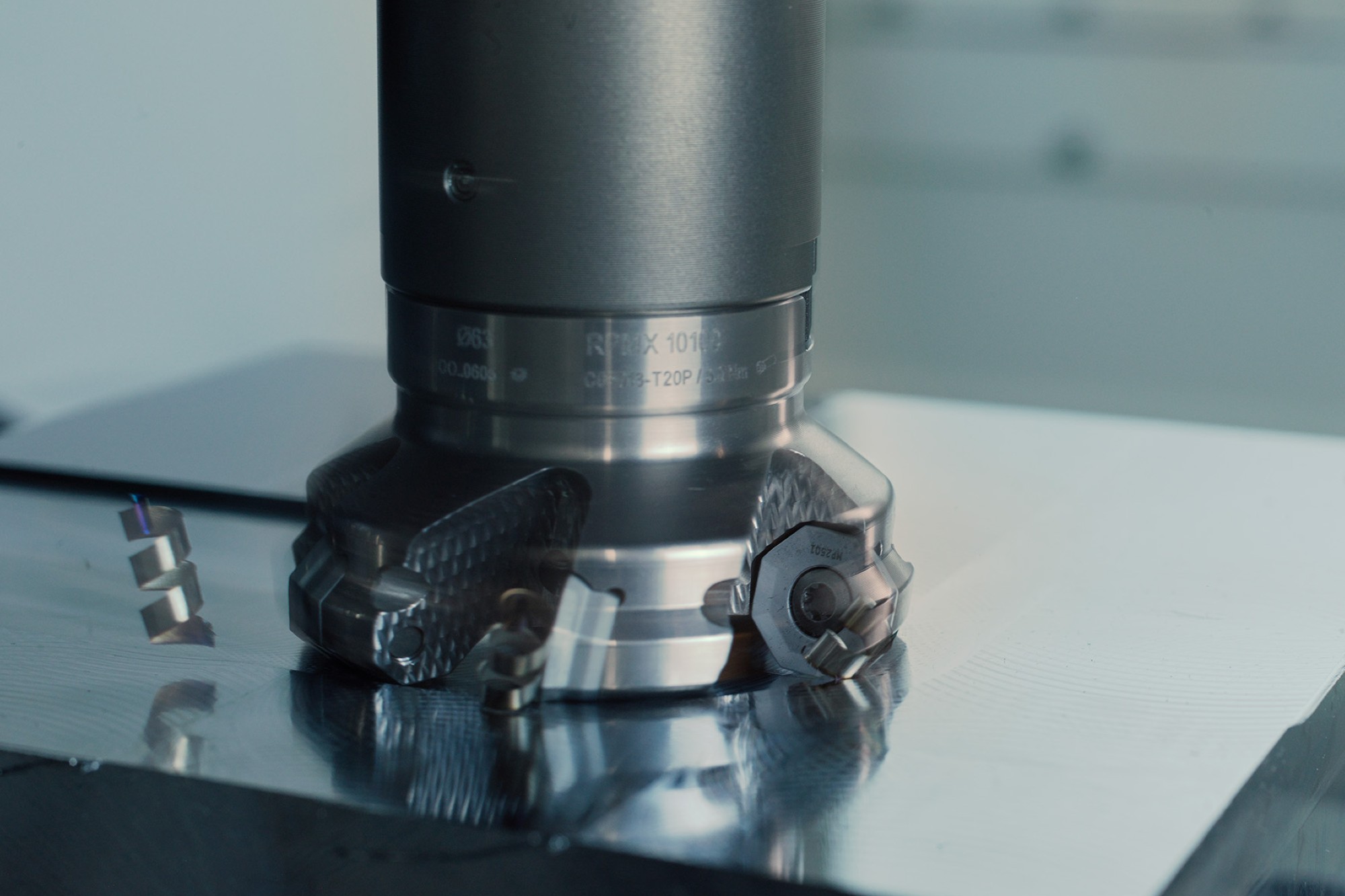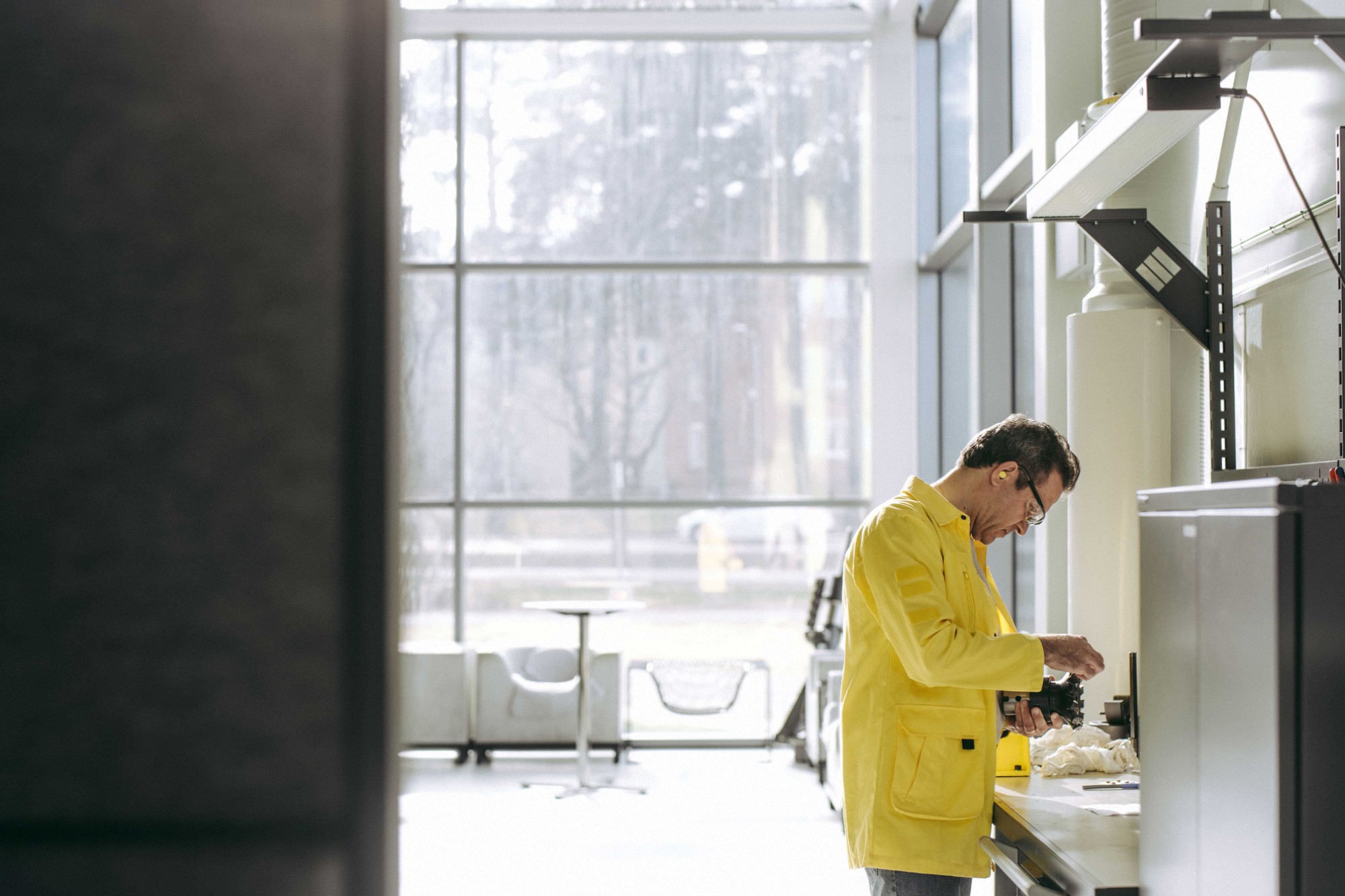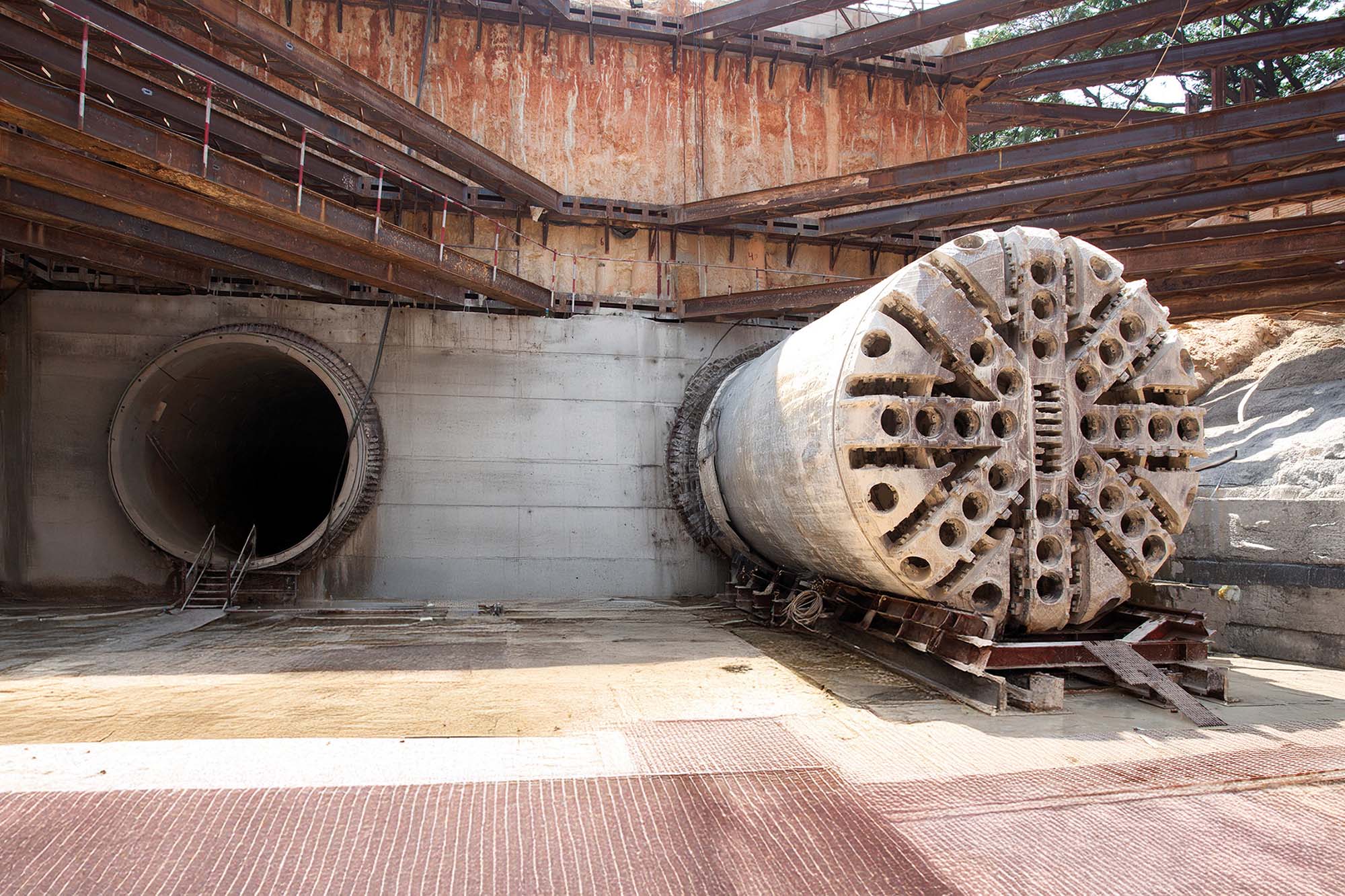Industrial robots are currently in great demand
By OEM Update Editorial July 1, 2023 10:58 am IST
According to Vineet Seth, Managing Director – South Asia & Middle East, Mastercam APAC, mobile and autonomous robots are becoming more prevalent, enhancing flexibility and efficiency in material transportation and adaptive workflows. The future is set to take distinct advantage of this growing technology.
How do you evaluate Industry 4.0, AI and robotics integration in manufacturing sustainability?
Achieving manufacturing sustainability relies on effectively optimising man, material, machine, method, and market. To ensure sustainable optimisation in each of these areas, efficiency must be established within and across them. Industry 4.0 technologies such as AI/ML and Robotics, among others, hold great potential to make these various heads more efficient. Manufacturing sustainability can be quantified by increasing operational efficiency, reducing waste, and optimising resource utilisation. AI/ML and Robotics are vital in enabling intelligent automation by leveraging data-driven decision support systems. This integration has various benefits, including decreased downtimes, predictive maintenance, enhanced product and process quality, and improved production methods. When considering the market aspect, optimising the supply chain and augmenting the workforce based on fluctuating market demands enables agile manufacturing. This approach helps avoid over-production, enhances material handling and logistics reliability, and promotes efficiency.
In what ways is robotics impacting manufacturing in keeping pace with trends?
The key benefits of industrial robots are their ability to perform repetitive tasks with the same speed, precision and accuracy as the first instance. This contributes heavily to the reliability component in manufacturing. When reliability is assured, product quality and delivery timelines are positively impacted – leading to reduced costs and better customer satisfaction, amongst other metrics. Furthermore, the flexibility factor of Robotic cells facilitates greater adaptability to changing market demands and mass customisation requirements. Additionally, integrating robots with AI and machine learning enables advanced automation, data-driven decision-making and optimised performance. This transformation in the workforce allows human workers to acquire new skills and focus on more complex activities.
How is the robotics market for industrial automation evolving?
The robotics market for industrial automation is expanding into new industries beyond traditional applications like automotive assembly lines in healthcare, e-commerce, and logistics sectors. Collaborative robots, or cobots, are gaining traction as they can work alongside humans safely and efficiently. Sensing and vision systems advancements enable robots to accurately perceive their environment, perform complex tasks, and adapt to changing conditions. Integrating artificial intelligence (AI) and machine learning (ML) transforms industrial robotics, allowing robots to learn, optimise performance, and make autonomous decisions. Mobile and autonomous robots are becoming more prevalent, enhancing flexibility and efficiency in material transportation and adaptive workflows. The future is set to take distinct advantage of this growing technology.
What kinds of robots are in demand for various processes with emerging needs?
Industrial robots are currently in great demand due to the various advantages they offer through their consistent performance across a spectrum of customisable applications, including the likes of machining, painting, assembling, pick-n-place, laser cutting, nesting, marking, tape laying, welding, polishing/linishing, handling hazardous materials, and the list goes on!In addition to the above, Autonomous Mobile Robots or AMRs, as they are popularly known, and Collaborative Robots (Cobots) are also seeing increased demand in recent times. AMRs are typically used for material handling in warehousing and logistics. These robots can navigate autonomously in changing environments, transporting goods, managing inventory, and optimising material flow while, at the same time, providing flexibility, efficiency, and adaptability to changing operational requirements.
Cobots are designed to work with and assist humans in a shared environment for tasks requiring close collaboration, high precision or both. Material handling, assembly and even advanced medical procedures are some of the tasks that Cobots are exceptionally good at.
Please talk about human-centred robotics as advancements in robotics and automation technologies to reshape industries.
Human-centred robotics is a field that focuses on the creation of robots specifically designed and produced to safely, effectively, and consistently assist humans. The objective of human-centred robotics can range from minimising human exertion and enhancing human capabilities to improving productivity or even navigating routine tasks.
The key principles of this science include user experience, ergonomics, connectivity, haptics, collaboration, cooperation, adaptability, privacy measures and safety. From reshaping industries, the above principles bring in a far wider scope of technologies and professions under a common programme than any other technology in recent times.
The broad scope of each function requires specialists from various domains to collaborate to achieve specific goals within their respective areas and the collective functional objectives of this technology. Through fostering collaborations, streamlining workflows, and harnessing data-driven analytics, industries can expect to witness many innovations in the foreseeable future within this domain.
Cookie Consent
We use cookies to personalize your experience. By continuing to visit this website you agree to our Terms & Conditions, Privacy Policy and Cookie Policy.




